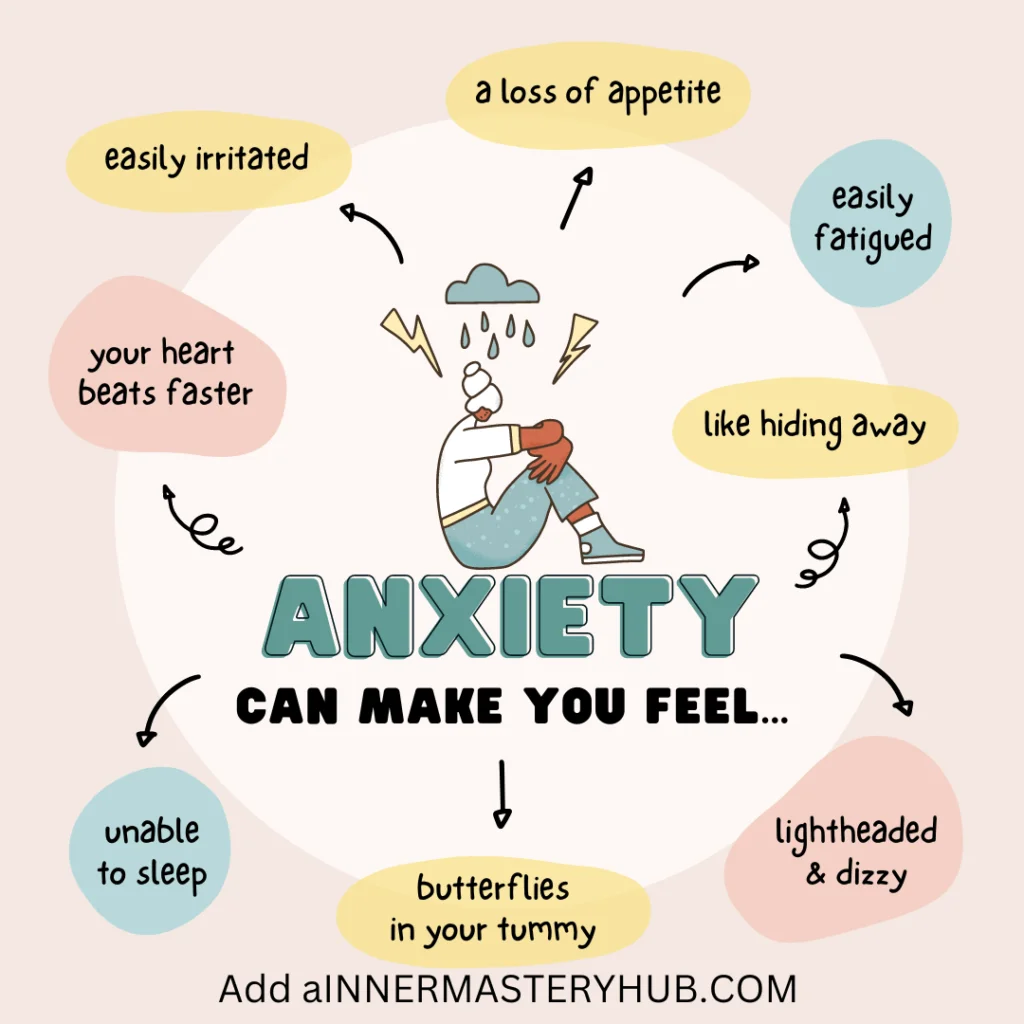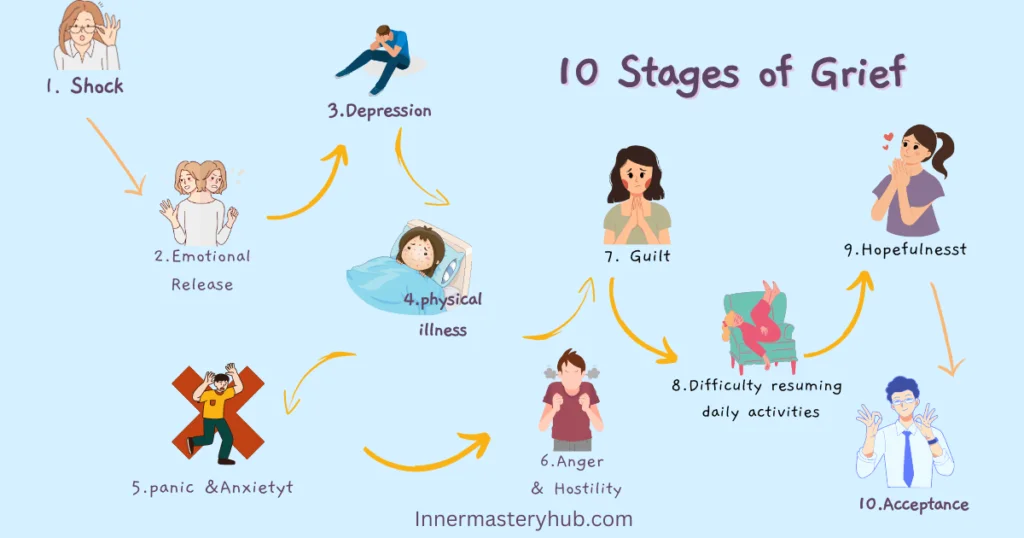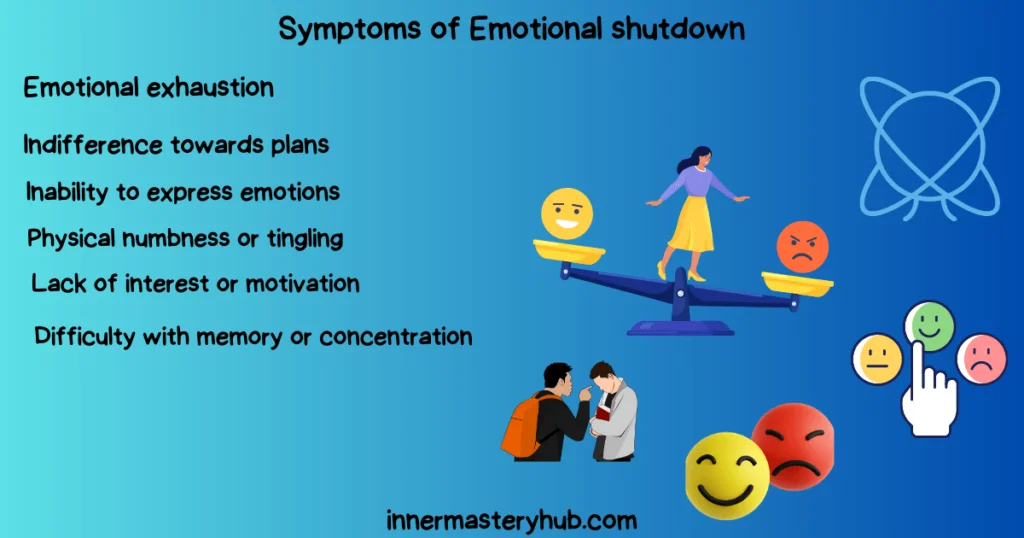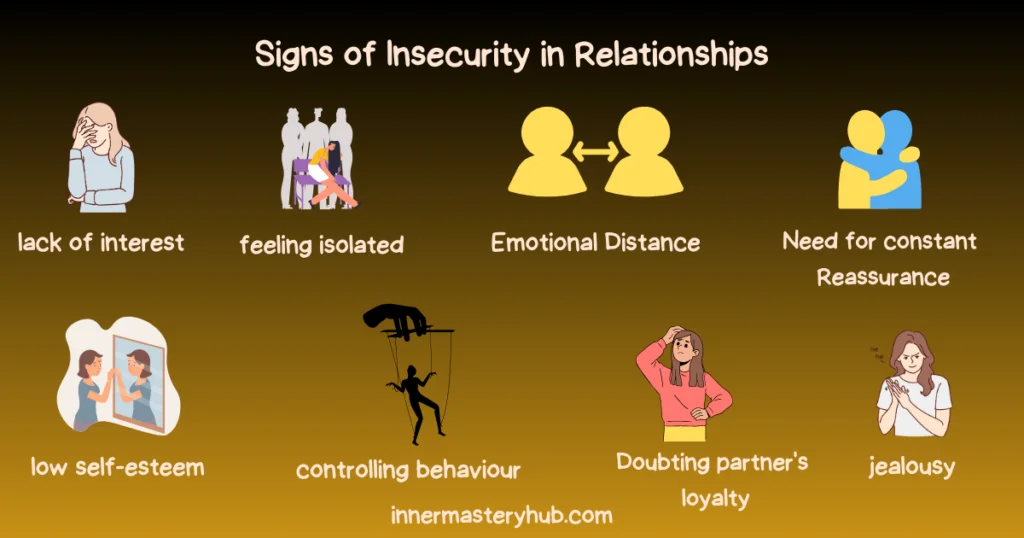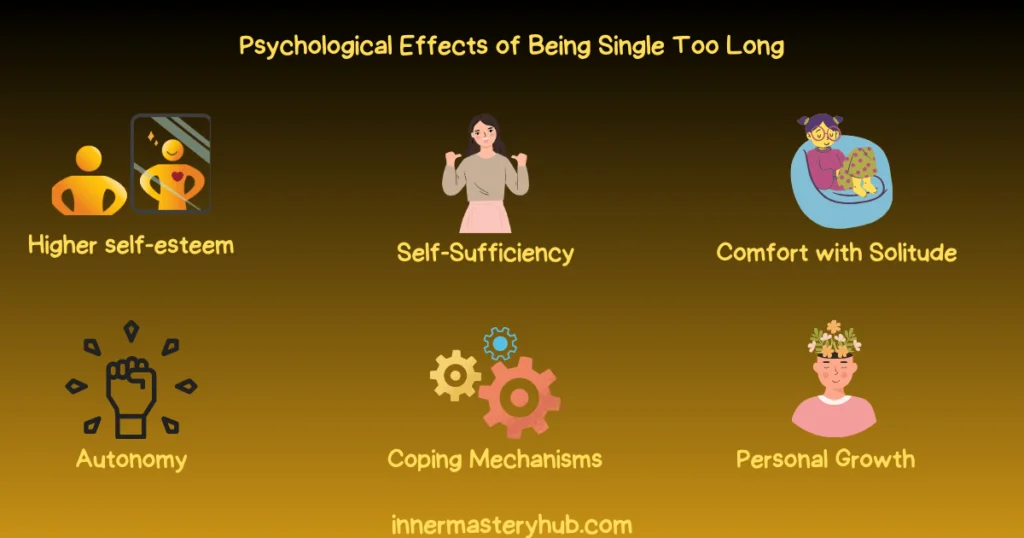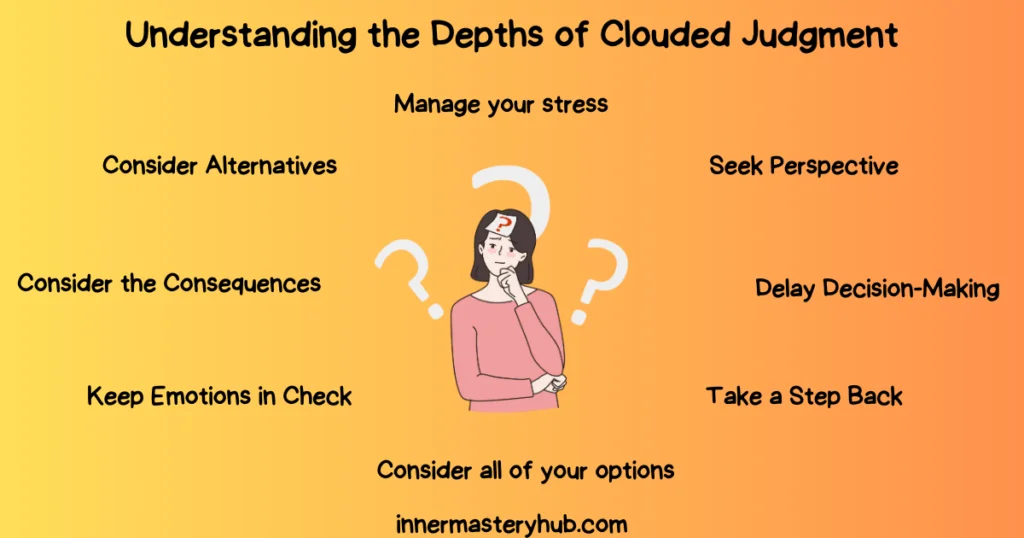
Have you ever let your emotions control you and made a choice you later came to regret? We are all affected.
Emotions like anger, fear, or frustration can cloud our judgment and make it hard to act and think rationally. We could act rashly without considering the repercussions when our emotions take over.
This blog will discuss the reasons behind impaired judgment, how feelings like these can affect our choices and the easy actions you can take to get on track and make wiser selections even when you’re overburdened. Let’s get started!
Table of Contents
What is clouded judgment?
A mental state that impairs your capacity to make clear and logical decisions is known as clouded judgment. You can’t see things clearly or make wise decisions because of a fog in your brain. Numerous variables, including stress, emotional upheaval, and outside influences like peer pressure, might cause this.
You may find it difficult to perceive the bigger picture or balance the advantages and disadvantages of a scenario when your judgment is impaired. It’s similar to wandering through a foggy jungle with poor visibility, making it simple to make poor choices or go down the wrong road.
The first step to recovering clarity and making better decisions is realizing when your judgment is clouded. It all comes down to figuring out how to release the fog and make clear decisions.
The Psychological Reasons that Cloud Your Judgment
Psychological elements, including emotional influence and cognitive biases, frequently result in clouded judgment. Cognitive biases, such as availability and confirmation biases, cause us to base decisions not on thorough investigation but on preexisting ideas or information that is easily accessible.
Emotional states like anxiety, stress, or fear have the power to override reason and prefer rash decisions over careful consideration. The brain prioritizes emotions in these conditions, making objectivity difficult to maintain.
RELATED: Be Curious, Not Judgmental: The Key to a Fuller Life
Clouded Judgment Due to Heavy Emotions
Emotions can cloud your judgment by overpowering your ability to think logically and rationally. When emotions like anger, fear, anxiety, or sadness take over, they can lead to impulsive decisions. For example:
- Anger can make you react without thinking, leading to decisions you might later regret, like saying hurtful things or acting out of spite.
- Fear can cause you to avoid risks or miss opportunities because you’re too focused on potential negative outcomes.
- Stress or overwhelm can make it hard to focus on facts and details, leading to poor choices.
- Anxiety may cause you to overthink and second-guess yourself, resulting in indecision or hasty decisions just to get relief.
In each case, the emotional intensity clouds your ability to see the situation clearly, blocking rational thought and leading to judgment that doesn’t reflect your best interests.
Examples
When we experience overload, the protective portion of our brains sends us into “flight or fight” mode. We desire to retaliate, resist, or flee. We experience several emotions, including rage, fear, aggression, anxiety, and self-loathing.
When we or someone we know experiences this, we can observe how emotions precede reason, drive, and all other aspects of operating. This is referred to as the emotions-clouded judgment phenomenon.
Consider the scenario of a heated argument with a loved one. Emotions like anger and frustration surge, and rational thinking often takes a backseat in the heat of the moment. You might say or do things you later regret because those intense emotions clouded your judgment. In such situations, it’s challenging to see the bigger picture or consider the long-term consequences of your actions.
Or take the exhilaration of falling in love. It’s a beautiful feeling, but it can also cloud your judgment. You might overlook red flags or make impulsive decisions because your emotions drive your choices. It’s not uncommon to see people ignore warning signs in a relationship or rush into commitments without careful consideration, all because the euphoria of love influences their judgment.
Subscribe to our newsletter!
Our judgment can be affected negatively by our emotions. They may cause us to choose based more on the moment’s emotion than an objective circumstances analysis. Emotions are a necessary component of being a person; they are not intrinsically evil. However, the secret to making more sensible and well-informed decisions is knowing how they can impact our decision-making.
13 Ways to Avoid a Clouded Judgment
Here are some strategies to help you maintain clear thinking and objectivity in emotionally charged situations:
Keep Emotions in Check. Recognize that emotions are a natural part of decision-making but strive to balance them with reason and logic.
Take a Step Back. When you recognize strong emotions, take a moment to step back from the situation. This can help you create a mental and emotional distance, allowing you to think more clearly because strong emotions don’t let you make rational decisions.
Breathe and Relax. Deep breathing exercises and relaxation techniques can help calm your nervous system. Taking a few deep breaths can reduce the physiological response to stress and anxiety and help people make balanced decisions.
Seek Perspective. Talk to a trusted friend or colleague about the situation. They can provide an outside perspective and offer advice or insight you might have yet to consider.
Delay Decision-Making. Please postpone making significant decisions when you’re in strong emotions. Give yourself time to cool down and regain your composure.
Consider the Consequences. Reflect on the potential outcomes of your decisions. How might your choices impact your future or the people around you? This can help you focus on the bigger picture.
Consider all of your options. When deciding, it is essential to consider all your options, even if they are not the most appealing. This will help you to make a more informed decision.
Consider Alternatives. Evaluate multiple options and their potential outcomes. This broader perspective can help you make more rational decisions.
Stay Grounded in Facts. Emotions can lead to irrational thinking. Make a list of facts and evidence related to the situation. This can help you base your decisions on objective information.
Get enough sleep. When you are well-rested, you are better able to think clearly and make rational decisions.
Manage your stress. Stress can cloud your judgment, so finding healthy ways to manage stress, such as exercise, relaxation techniques, and spending time with loved ones is essential.
Avoid alcohol and drugs. Alcohol and drugs can impair your judgment and make it difficult to make good decisions.
Seek professional help if needed. If you struggle to manage your emotions or make rational decisions, seek professional help from a therapist or counselor.
FAQS
What does it mean when someone is clouded?
When someone is clouded, judgment or thinking is obscured or influenced by emotions, biases, or external factors. It implies a need for more clarity and objectivity in their decision-making, making it difficult to make rational choices.
Does anxiety cloud your judgment?
Yes, anxiety can cloud judgment. It triggers a fight-or-flight response, narrowing focus and often leading to irrational decisions. Anxiety may also amplify perceived threats, causing individuals to overreact or make choices based on fear rather than assessing the situation.
Does anger cloud judgment?
Anger clouds judgment by triggering intense emotions that can override rational thinking. It narrows focus, making it difficult to consider alternative perspectives or consequences. Anger can lead to impulsive actions and regrettable decisions driven by immediate emotional reactions rather than careful evaluation.
Does alcohol cloud judgment?
Alcohol clouds judgment by impairing cognitive functions, altering mood, and reducing inhibitions. It hinders rational thinking, often leading to risky behavior and poor decision-making.
Do worry and anxiety cloud judgment?
Worry and anxiety cloud judgment by overwhelming the mind with stress and fear. They narrow focus, impair rational thinking and lead to impulsive or overly cautious decisions.
Why does exhaustion cloud mental judgment?
Exhaustion clouds mental judgment because it depletes cognitive resources. Fatigue impairs concentration, problem-solving, and decision-making abilities. Mental processes slow down, leading to poor judgment, as the brain lacks the energy and clarity needed for practical analysis and reasoning.
How do we not let emotions cloud judgment?
To prevent emotions from clouding judgment, practice self-awareness, delay decisions, gather facts, consult others, and use structured decision-making frameworks. Balance emotions with logic and objectivity.
How does Sin cloud judgment?
Sin, often tied to moral or ethical wrongdoing, can cloud judgment by causing feelings of guilt, shame, or remorse. These emotions may lead individuals to make irrational or impulsive decisions as they grapple with the consequences of their actions rather than making objective choices.
How can you never let your emotions cloud your judgment for anyone?
To avoid letting emotions cloud judgment, practice self-awareness, delay decisions when emotions are high, gather facts, consult trusted individuals, and use structured decision-making techniques. By balancing emotions with logic and objectivity, you can make sound choices that align with your values and objectives.

